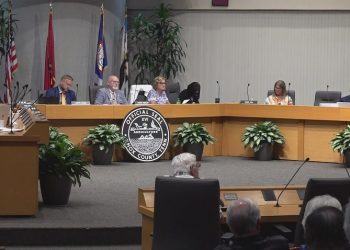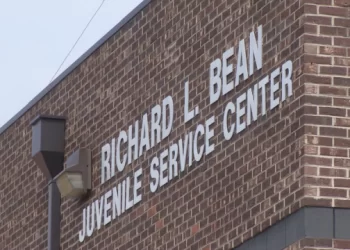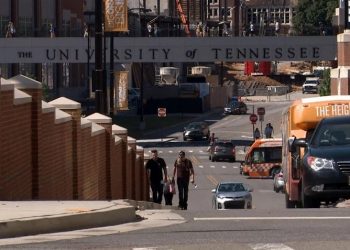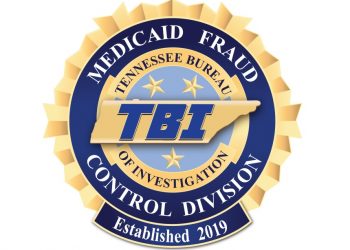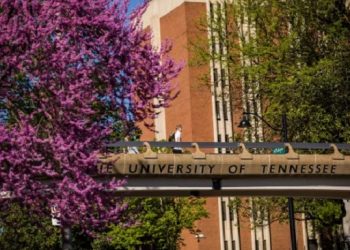KNOXVILLE, Tenn. — Governor Bill Lee is pushing for the expansion of private school vouchers in Tennessee, a move that has sparked heated debate among lawmakers, educators, and parents across the state. The proposed legislation would provide scholarships to 20,000 students, particularly from low-income families, who currently lack access to educational options that meet their needs.
Before the legislative session began, Lee partnered with the American Federation for Children, a national non-profit group, to promote the voucher initiative. The group launched a $250,000 statewide ad campaign, with $100,000 allocated specifically for ad space in Knoxville, a city not currently included in Tennessee’s existing school choice programs.
Shaka Mitchell, a senior fellow with the American Federation for Children, emphasized that the goal of the campaign is to give families in low-income communities more educational choices. “We are especially focused on families from lower-income communities who, for the most part, just don’t have access to educational options that meet their needs,” Mitchell said.
Under the proposed legislation, eligible families would need to meet specific criteria, including income limits based on the threshold for free or reduced-price lunch eligibility. Mitchell argued that the measure aims to empower low-income families, ensuring they have the opportunity to send their children to schools that best suit their needs.
The bill also includes provisions for public school teachers, including a $2,000 bonus for every teacher in the state. Additionally, 80% of the tax revenue from sports wagering would be directed toward improving public school infrastructure.
However, the proposal has faced opposition from key figures in the state legislature. State Representative Gloria Johnson, a Democrat from Knoxville, strongly criticized the voucher plan, calling it a “scam” and arguing that public tax dollars should be used to fully fund public schools rather than diverting them to private institutions. “I never had children, but I love paying my taxes because I want a well-funded public school in my district,” Johnson said, stressing the need for greater investment in public education.
Republican State Senator Becky Duncan Massey, who supported a similar voucher bill last year, remains neutral on the current proposal, emphasizing the importance of safeguarding measures. “There’s a number of safeguards in the proposed legislation that could very well change as it moves through the process,” Massey said. She added that the current version of the bill might benefit middle-income families more than those from low or high-income brackets.
Despite these concerns, Mitchell reiterated the focus on assisting low-income families. “At the end of the day, what we’re trying to do is make sure every child has the opportunity to learn in the situation and in the setting that best fits their needs,” he said.
The voucher proposal has also met resistance at the local level. The school boards of Blount and Anderson counties have voted unanimously to oppose the program, while the Knox County School Board has decided not to make it a priority.
Governor Lee has suggested the possibility of calling a special session of the legislature to push through the voucher program, potentially pairing it with a session focused on providing aid to those affected by the recent Helene storm.
As the 114th Tennessee General Assembly convened on January 13, 2025, the debate over private school vouchers is expected to be one of the most contentious issues of the legislative session.


